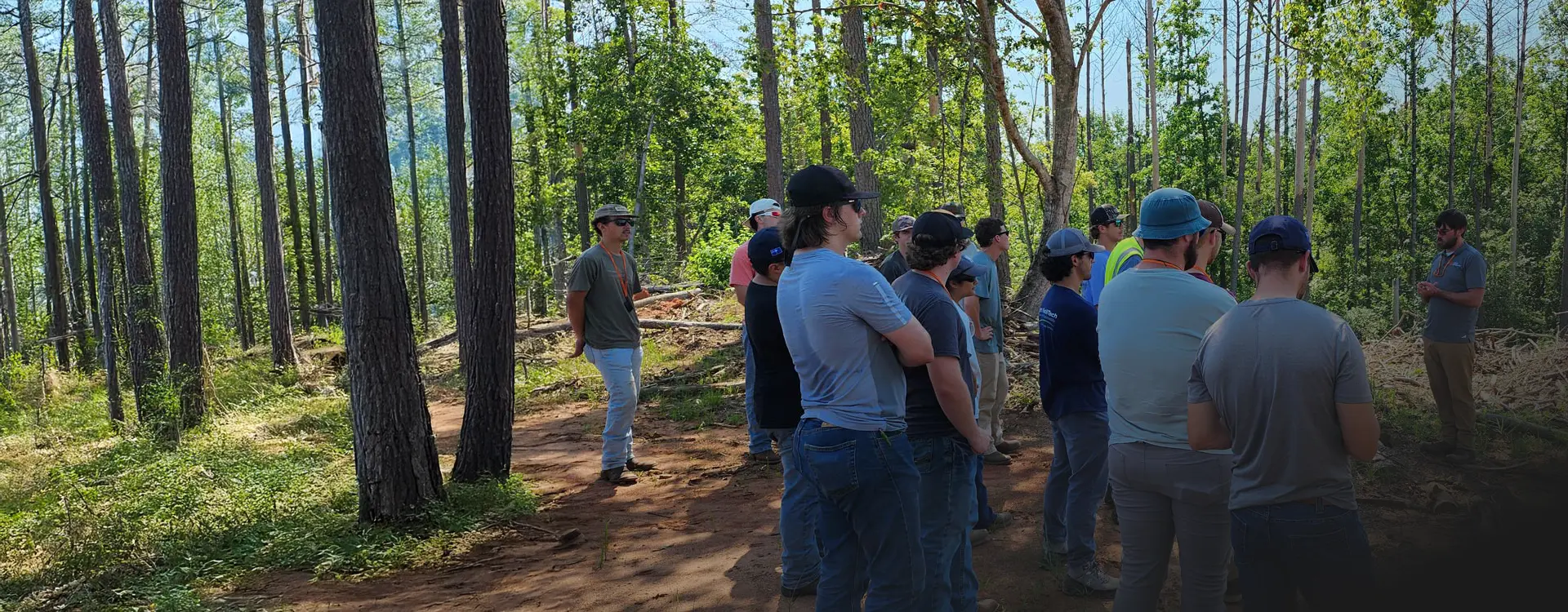Experiential Learning at Clemson
Experiential Learning (ExL) is for every student at Clemson. Our research shows that when you actively participate in educational experiences, you gain a greater understanding of complex topics, you remember detailed information better and you have a great time, too. Explore ten different types of experiential learning we offer to see what might be a fit for you.

